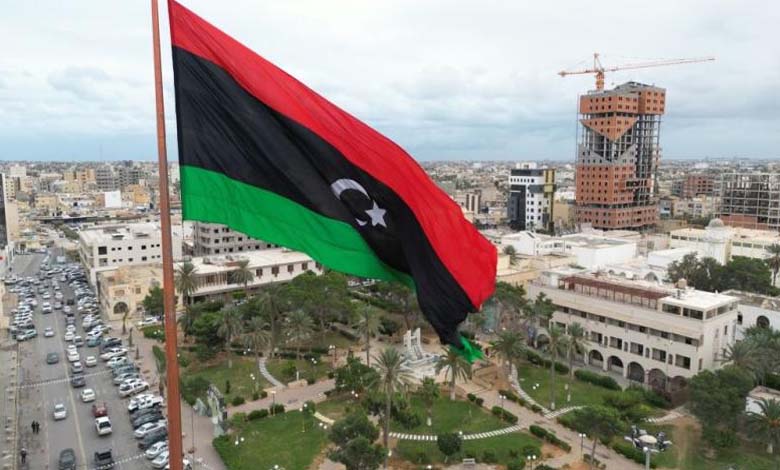Libya.. The Constitutional Court Ignites a New Crisis between the Presidential Council and Parliament

Ongoing debates between the Libyan Parliament and the Presidential Council are raising concerns of a new crisis, this time due to the Constitutional Court. The president of the Council, Mohamed al-Menfi, has requested that Parliament repeal Law No. 5 of 2023 concerning this court.
-
Dbeibeh denies seeking to make changes in the composition of the Oil Corporation’s Management
-
Tension rises in Western Libya after assassination of one of the biggest human traffickers
In a letter addressed to the head of Parliament, al-Menfi stated, “The Parliament is attempting to exert continuous control over the judiciary through legislative means in the absence of a constitutional and legal quorum during parliamentary sessions, and without transparency or disclosure.”
He added, “The Presidential Council rejects Parliament’s unwarranted amendments to laws governing the judiciary and the infringement on executive competencies and official publication.”
-
Washington Denies Training Armed Groups in Tripoli under Agreement with Dbeibeh
-
A New Crisis in Libya Impedes Negotiations for Forming a Unified Government
Early Signs and Reactions
For months, there has been a sharp dispute between the Presidential Council and the Libyan Parliament regarding the Constitutional Court and the Supreme Court, both legally authorized to handle appeals.
Parliament member Abdel Moneim al-Arfi said, “The Presidential Council and the Government of National Unity have both exceeded their terms, failing to transfer power as stipulated in the Geneva Agreement. We hope that Mr. al-Menfi will explain why he deems it necessary to review the law on establishing the Constitutional Court and to freeze and review all laws.”
-
Osama Hamad Urges Implementation of Decision to Cut Funding to the Dbeibeh Government
-
Libyan Leaders Agree to Form a Unified Government… Have the Muslim Brotherhood Abandoned Dbeibeh?
Al-Arfi added, “Are these laws contrary to the institutions and citizens, or to the rule of law and institutions required at this time, or do they conflict with the political agreement? I believe that al-Menfi and Abdelhamid Dbeibeh were the first to breach this agreement.”
He emphasized that “al-Menfi’s actions and this letter are merely expressions of frustration, as he and Dbeibeh failed to appoint individuals within the Central Bank or to direct its board.”
-
Libya Demands Tunisia Extradite Two Individuals Involved in the Assassination of Mliqta
-
Demands for Formation of a New Government in Libya Pose Challenges for Dbeibeh
Al-Arfi concluded by saying, “The Parliament and the High Council of State thwarted Dbeibeh and al-Menfi’s attempts to control the Central Bank. A new board has been approved, and now the bank is operational, with visible results like the reduction in the dollar exchange rate and the strengthening of the dinar.”
Threat of a New Crisis
Ahmed Douga, Deputy President of the Nation Party in Libya, commented, “What is happening signals a potential crisis if the law establishing the Supreme Constitutional Court is not repealed, as it goes against the political agreement, which requires consensus with the High Council of State.”
-
Mohammed El-Senussi: Heir to the Throne and a Potential Solution for Libya’s Crisis?
-
The Libyan Eastern Government Searches for Abducted Deputy
Douga stated, “If Parliament heeds the Presidential Council’s call and repeals the law on establishing the Constitutional Court, or at least reaches an agreement with other institutions, the situation should pass smoothly. However, if Parliament insists on its decision, we will enter a new political deadlock.”












